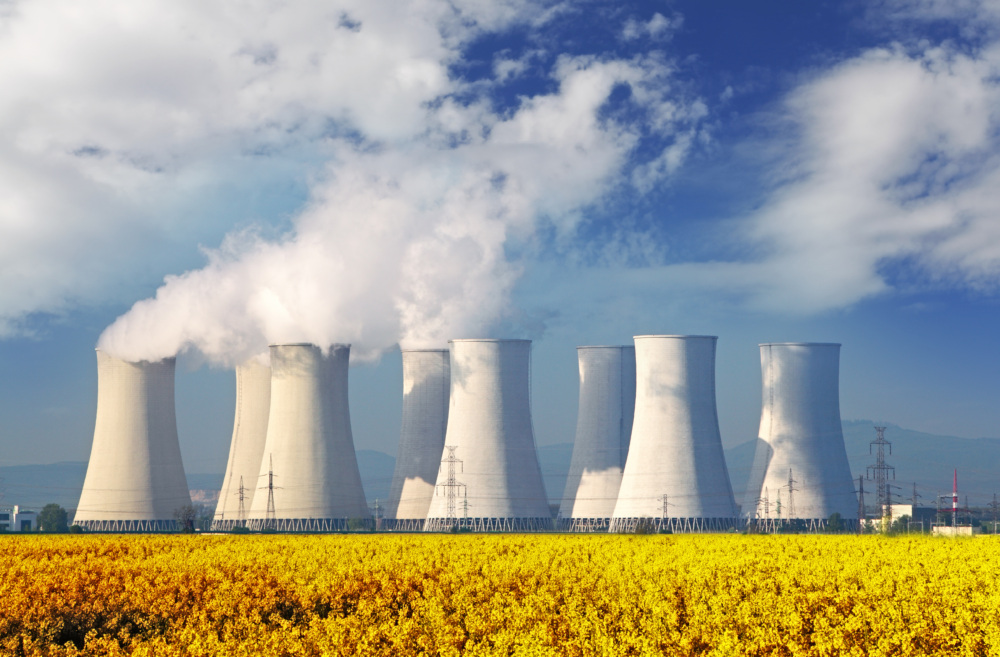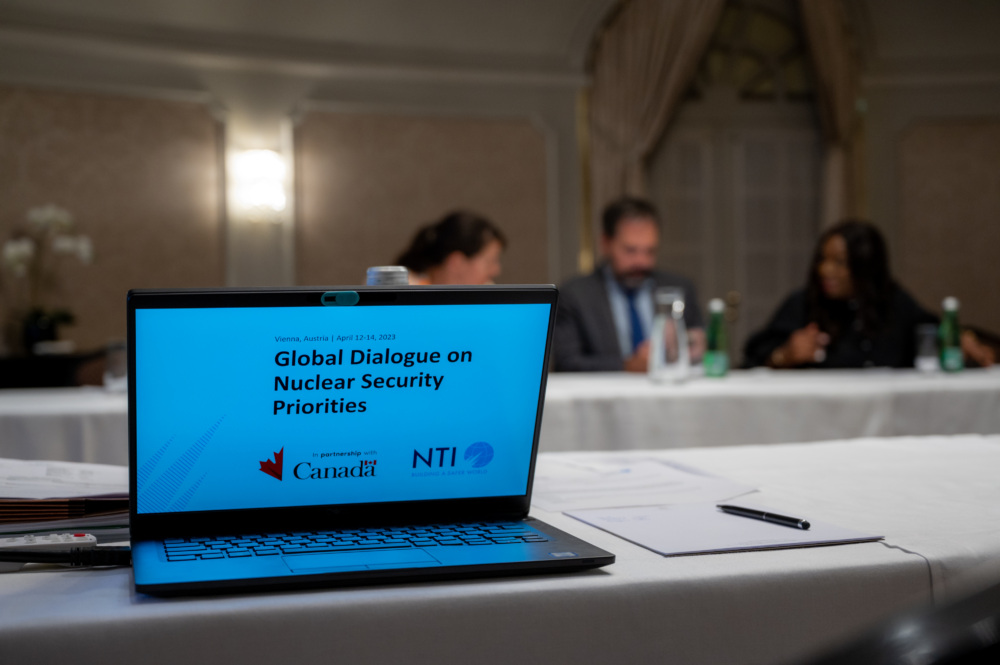
Strengthening the U.S.-India Nuclear Security Relationship

Nearly
a decade since the United States and India broke ground on bilateral nuclear
cooperation, there exists broad, unrealized potential for expanding nuclear
security cooperation between Washington and New Delhi.
Building on India’s
positive contributions to the 2016 Nuclear Security Summit in Washington, the
United States and India should seek a new program of cooperation, across
policy, technical, and intelligence domains, to protect their citizens from the
threat of nuclear terrorism.
Importantly, such cooperation should be
implemented with care for national interests (nuclear security is
understandably a sensitive topic) and guided by the principles of mutual
benefit, equality, and continuous improvement.
This paper will outline the
security challenges shared by India and the United States, elaborate further on
guiding principles for prospective cooperation, and present a menu of potential
projects which could be implemented as appropriate between key stakeholders in
India and the United States.
Read the full paper here.
Stay Informed
Sign up for our newsletter to get the latest on nuclear and biological threats.
More on

Ernest J. Moniz and Armond Cohen in the Boston Globe: “The world wants to triple nuclear energy: What will it take?”
To make good on their COP28 pledge, countries need a new approach to building, regulating, and financing nuclear technology.

Fostering Nuclear Security Leadership and Innovation
Lessons Learned from 10 Years of the Global Dialogue on Nuclear Security Priorities

The NTI Nuclear Security Index
The NTI Index is recognized as the premier resource and tool for evaluating global nuclear and radiological security.
